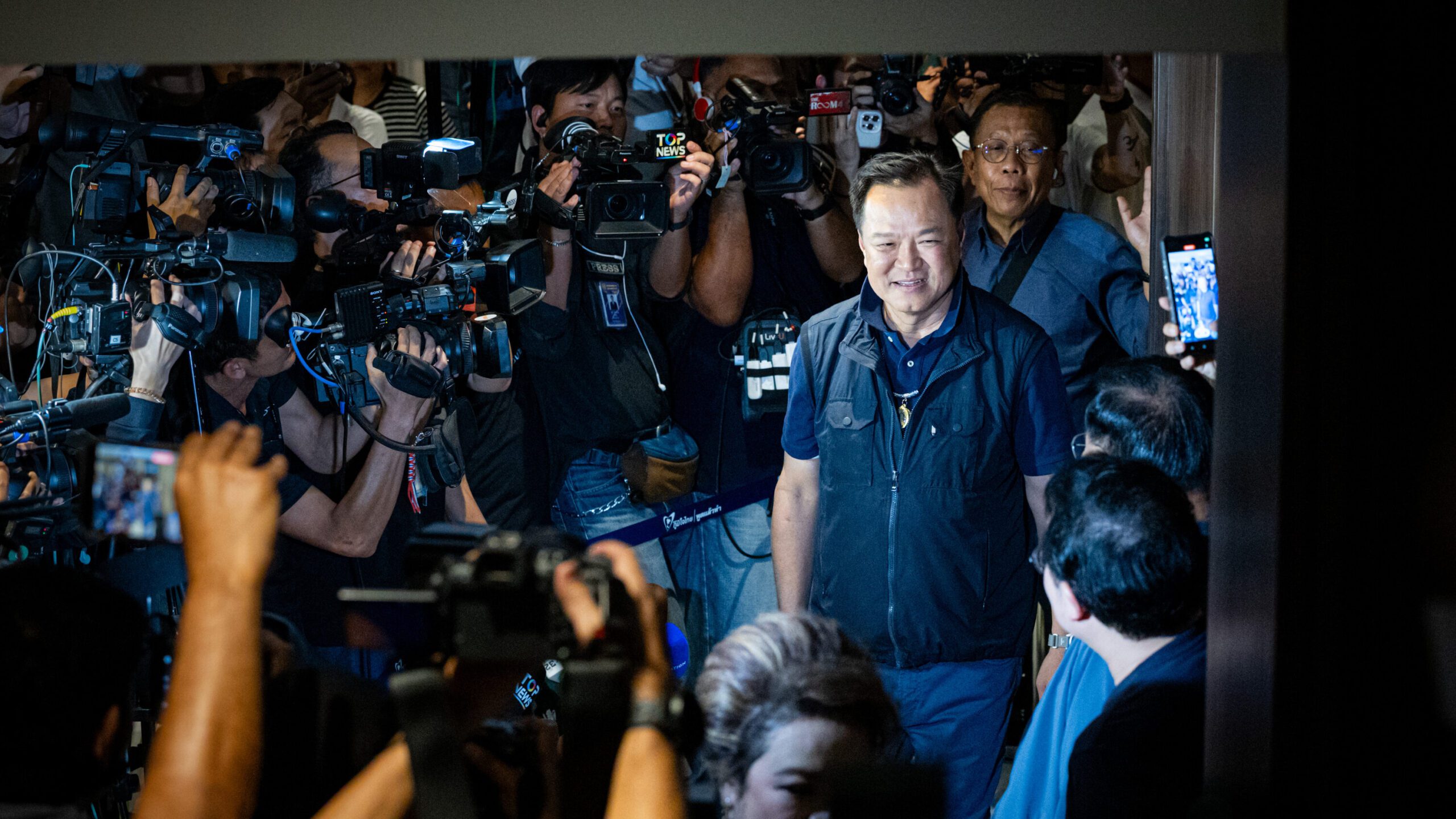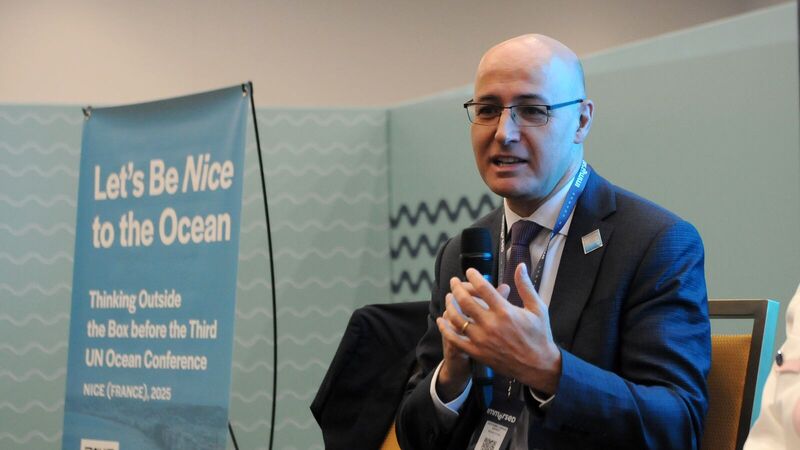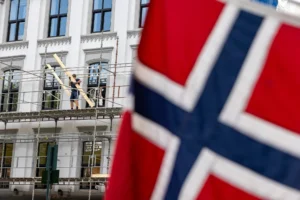In the report “The Olympics and Human Rights: Lessons from the Modern Games,” Kara Cunningham critically examines the intersection of human rights and the Olympic Games, a global spectacle with far-reaching influence. The report, which serves as Cunningham’s Master’s thesis for Harvard University, delves into how the Olympics have been both a platform for human rights advocacy and a venue for political exploitation.
Summary of Key Findings
- Political Neutrality vs. Human Rights Violations: Cunningham highlights the International Olympic Committee’s (IOC) longstanding commitment to political neutrality, which often conflicts with the reality that the Olympics have been a stage for significant political statements and human rights issues. Notably, the report discusses how the IOC’s insistence on neutrality has sometimes allowed human rights abuses to go unchallenged, as seen in events like the 1936 Berlin Olympics and more recent games in Beijing and Sochi.
- Athlete Activism: The report underscores the role of athletes as key figures in human rights advocacy during the Olympics. From Jesse Owens’ defiance of Nazi racial ideology in 1936 to the iconic Black Power salute by Tommie Smith and John Carlos in 1968, athletes have used the Olympic stage to bring global attention to issues of racial inequality and injustice.
- Host Nations and Human Rights: The choice of host nations has often sparked controversy, particularly when those nations have poor human rights records. The report discusses how hosting the Olympics has sometimes been used by countries like China and Russia to bolster their international image while continuing to suppress dissent and violate human rights at home. The 2008 Beijing Olympics, for example, saw significant international criticism regarding China’s human rights practices, yet the games were still awarded to the country.
- Impact on Indigenous Peoples: Cunningham’s report also focuses on the impact of the Olympics on indigenous peoples, particularly in countries like Australia and Canada. The report notes that while the Sydney 2000 and Vancouver 2010 Olympics incorporated indigenous culture into their narratives, these efforts were often superficial and did not lead to substantial improvements in the lives of indigenous communities.
- Gender and the Olympics: The report explores the evolving role of women in the Olympics, highlighting both progress and ongoing challenges. While the inclusion of more women’s events and the participation of female athletes from every nation in recent games represent significant strides, issues such as gender verification testing and the underrepresentation of women in leadership roles within the IOC remain problematic.
Change the World - Subscribe Now
Why It Matters
Cunningham’s report is a crucial contribution to the ongoing discussion about the role of the Olympics in promoting—or hindering—human rights. By analyzing historical and contemporary examples, the report sheds light on the complex dynamics between sports, politics, and human rights, offering a framework for understanding how future Olympic Games might better align with the ideals of global unity and human dignity.
Related Article: SIDS Athletes Shine Bright in Paris: Medal Counts Soar
Next Steps
The report suggests several steps for the IOC to take in order to better align the Olympics with human rights principles:
- Reform Rule 50: Allow greater freedom for athletes to express their views on human rights issues during the games, in a manner that respects the spirit of the Olympics.
- Stricter Host City Selection Criteria: Implement more rigorous human rights standards for selecting host cities, ensuring that countries with poor human rights records are not rewarded with the international prestige of hosting the Olympics.
- Enhanced Support for Athlete Activism: Provide resources and platforms for athletes to engage in human rights advocacy, recognizing their unique role as global influencers.
By embracing these recommendations, the IOC can help ensure that the Olympics live up to their potential as a force for positive change in the world.

 Follow SDG News on LinkedIn
Follow SDG News on LinkedIn











